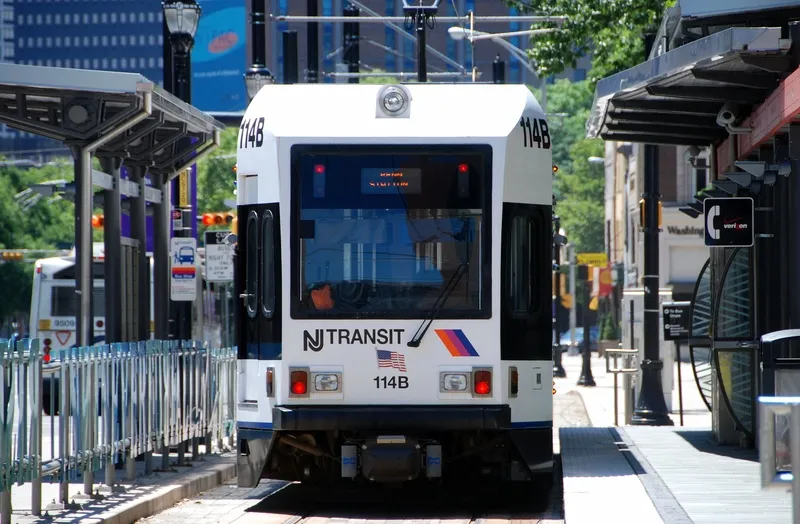After more than a decade of delays, the New South Wales (NSW) government in Australia is to begin trials of the Opal electronic ticketing system on select ferry routes, with a trial set to commence on Sydney ferries in December.
NSW Transport Minister Gladys Berejiklian said that commuters would be able to use a single card to pay for tickets on ferries, trains, buses, and light rail by 2015. The Opal card will be available on all Sydney ferries and some trains in 2013, with buses and light rail to come on line two years later, Berejiklian said.
"This is something that will change the way we use public transport," she continued. "It will be an easy system, where commuters simply have to tap on and tap off, and it will be like having an e-tag in your pocket."
She said that fares would remain the same during the trial, while further announcements on charges would be made during the system's rollout. The Opal card itself will be free, with public transport users putting money on it in a similar way to the e-tag for cars, Berejiklian said. She said that a big benefit of the Opal card will be that after eight journeys using it in a given week, all further trips will be free.










